By Daisy (cat of Barbara Tesio) & Rosie (parrot of Georgina Barker)
On goat’s cheese, pigeons, and all good things in life. A feline perspective.
Daisy here.
Should there be anyone among you readers who hasn’t yet been harassed by my human’s fanatical and obsessive picture showing, I happen to be one of the EdJoWriWe organisers’ cat. To be honest with you, I think I can positively say that I did actually contribute to the organization of this project. And so did my feathered fellow Rosie. Actually, without our fundamental fluffy and feathery support, you, my dear EdJoWriWe writers, wouldn’t have been able to colonise 19 George Square armed with your laptops, hectoliter of coffee/ tea, and wagons of biscuits (I believe that Hobnobs and Jaffa cakes were the two great favorites. Personally, I don’t understand all this fuss about biscuits. Pigeons are much tastier).
I am trying to concentrate while writing this post, but my territory has temporarily been invaded by the family of my other human (the musically gifted one – when the other one sings in the shower she sounds like one of the crows I’ve been trying to catch in the garden). The invaders’ unstoppable flow of Doric chat is disturbing my ponderations. Aye, it is hard. Scots are not born to be quiet – life lesson learnt from sharing my flat with one of them.
Italians aren’t a quiet race either. Other lesson learnt from the other human. She gets especially loud when she curses several deities for leading her to choose a PhD path. She storms around with her notes and her books, scaring the other human with her dramatic Scandinavian-related, nonsensical existentialist speeches. This week though, the Italian human is calmer. I believe that the Canadian humans who came to rescue her and her fellow PhD writers from the abyss of procrastination, have played an important role in the improvement of her mood. I also believe that gathering the aforementioned PhD researchers in the same place for seven days in a row – providing them with a reasonable schedule and a few workshops on how not to commit suicide after setting off down the path of academia – has been a beneficial experience for all of them. Which is a great improvement for me as well, as the more stressed they are, the more annoying they become when they come over to admire and cuddle me (they do weird voices and regress to a childhood state that has often made me wonder about their mental abilities).
I hear from my human’s stories (yes, she does talk to me. Often.) that EdJoWriWe, particularly in the *quiet* room, has also offered important bonding moments, with participants sharing their thoughts about PMS symptoms, Russian space stations, PhD procrastination dramas, and precisely when a stripper can be defined as classy. The human stared at me while reporting those questions – she seemed especially concerned with the last one. She said that those were existential questions that only my feline Zen could answer. I stared back at her, licked my paw to show concentration, and then rolled on my back doing my cute face. This usually leads to my human’s heart meltdown, followed by a very pleasant rub on my belly, and in extremely lucky instances, even involves some treats (usually Sainsbury’s salmon satchels, my absolute favourite). This time I got luckier. The human gave me a bite of a delicious goat’s cheese sandwich that she had sneaked out of 19 George Square (shame on her!). I believe that one of the EdJoWriWe participants, who every so often kindly comes to feed and adore me when my humans are away, has already written extensively about the divine combination of goat’s cheese and peppers. I must just add that the taste would be dramatically improved by the addition of a few pigeon feathers. I will leave you with this consideration. And I will add for your feline voyeurism a picture of myself disrupting my human’s work.
One last thing. Well done EdJoWriWe writers. You have worked hard, I gather. You shall now relax and be proud of your work. Then you may come and adore me and my progeny, if you fancy. Remember: Sainsbury’s salmon satchel.
On biscuits, pizza crusts, and all good things in life. A psittacine postscript.
Dearest Daisy – Rosie here. I write to you here, at a distance, to be certain (mostly) of my safety, as what you have to say apropos of pigeons causes me some concern.
But I must say – how very right you are! And how felicitously you express yourself! You are undeniably correct when you say that our humans could not get by at all without us, let alone mastermind a project on such a grand scale as EdJoWriWe. Mine managed a bare three days without my constant presence and guidance before she broke down and carried me to 19 George Square to assist her with her organising duties.
Now, I admit, when my flock-partner first spoke with me about taking over the organisation of this EdJoWriWe affair I did not look upon the idea especially kindly. I have spoken out before about my displeasure with her behaviour last EdJoWriWe (see my earlier call for help on this blog, below). But she was so insistent that she wanted EdJoWriWe to run again, and claimed – convincingly enough – that no one else could be prevailed upon to take it on. So I agreed, at length, to support her in the endeavour.
My decision to allow her to proceed has led to still more aberrant behaviour on the part of my flock-partner, as she seems to have brought one of her co-organisers into our nest. This devotion to duty, whilst admirable, ruffled my feathers no small amount to begin with. But since this co-organiser has proved largely unobjectionable (despite her strange penchant for talking about eighteenth-century porn), and my flock-partner has been in unusually good humour of late, I have adapted, and will now, I think, be sorry to see the new flock member go now EdJoWriWe has finished and my flock-partner has no further need of her aid.
Accompanying my flock-partner to her post, I was, naturally, much admired, and when I was not touring the other rooms, devotees visited me in the Music Room, where I was sitting in state. Especially admiring were the Canadian humans you mention. This did not surprise me, as they had flown many miles to see my splendour (you mistake their main purpose in coming to EdJoWriWe, Daisy, but never mind). The blonde Canadian was particularly impressed by my preening skills – I pride myself on keeping my flock-partner’s head and facial feathers looking presentable. Moreover, I hear I became somewhat of a Twitter sensation during EdJoWriWe. I am sorry to bring this to your attention – I don’t recall seeing any Tweets featuring you. But then, as a bird, I am of course more suited to Twitter fame than a feline.
On one point, Daisy, you are astonishingly and badly wrong, however. Biscuits are NOT less tasty than pigeons (what appalling tastes you have!) – biscuits are in fact the food of the feathered gods, and our EdJoWriWe humans were very right to stock up on them for the week so people could bring them to me in tribute. Yum. And saving the tastiest, breadiest, crustiest parts of pizza for me in the culminating jubilations of the week was, of course, only my due, and far preferable to this ‘goat’s cheese’ or these ‘Sainsbury’s salmon satchels’ you apparently favour. Some cats have no concept of the finer things in life.
But I will second you on one more thing: congratulations, EdJoWriWe writers. Graced by my presence, you wrote much, and you wrote well.
Squawks of pride,
Rosie.
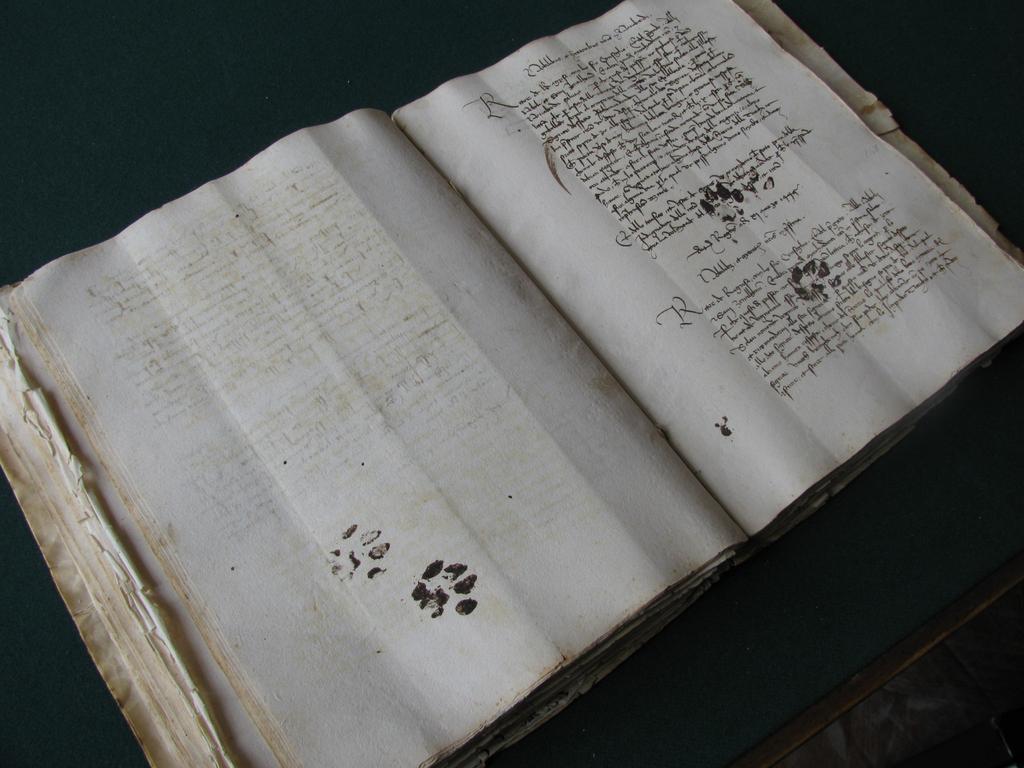
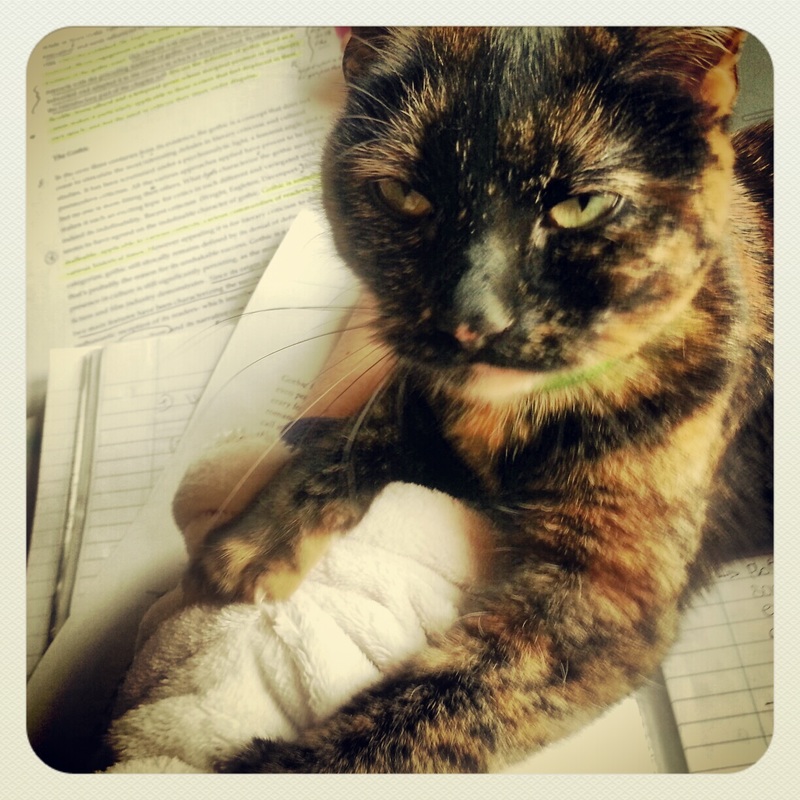
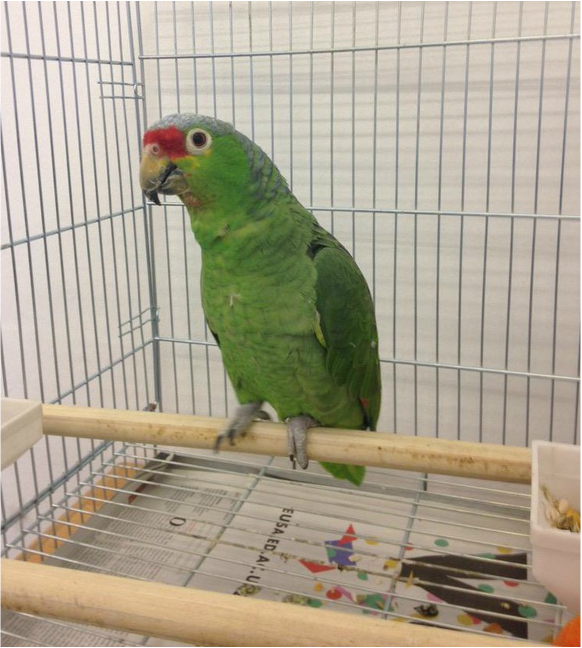

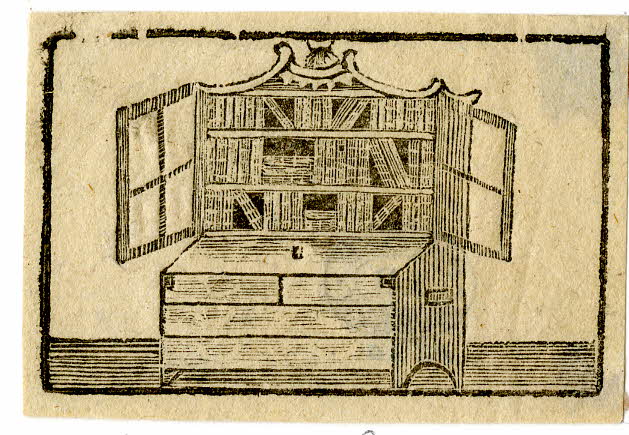
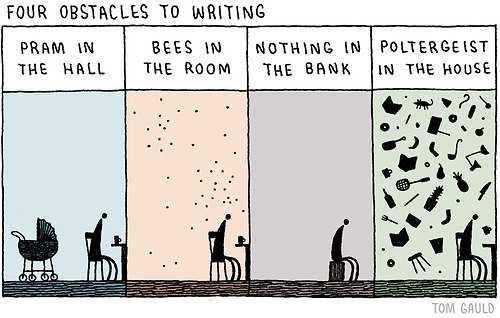

 RSS Feed
RSS Feed
